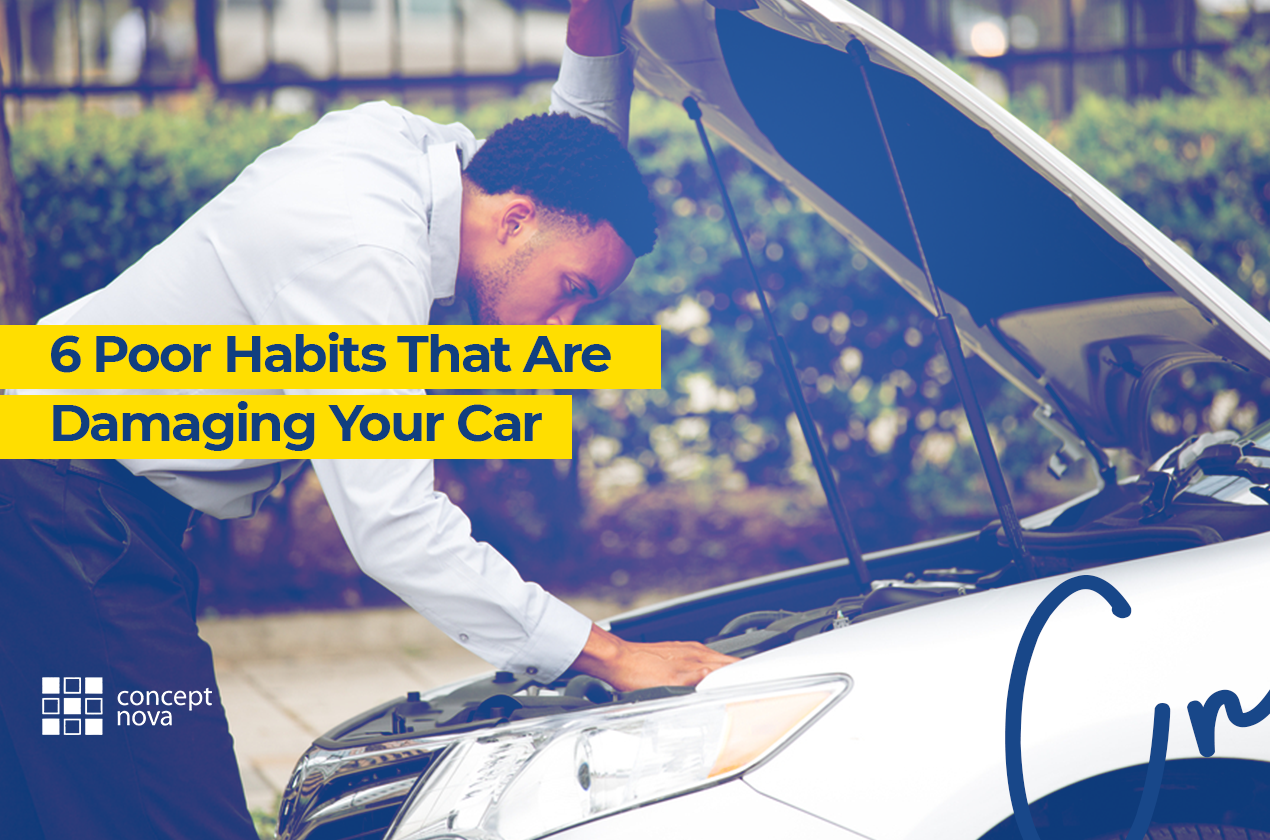Buying a car is a big investment, and for most people, a car is something they want to keep running as long as possible. However, sometimes your bad habits could be putting your car at the risk of breaking down.
If you don’t want to damage your car and wallet (while at it), avoid these poor driving habits.
Resting your Hand on the Gear Lever
This is a very common habit that can cause damage to both manual and automatic transmission components.
Applying weight to the gear lever transfers down the linkages right through to the internal workings of the transmission and can cause premature wear and tear.
It’s also safe driving practice to keep both hands on the wheel at all times, but somehow a lot of people have developed the bad habit of resting their hands on the shifter.
Not Using The Parking Brake
Even if you’re parked on a level surface, there’s no reason not to use the parking brake.
Not engaging the parking brake puts the entire weight of your vehicle on a little piece of metal in the transmission called the parking pawl. It’s only about as big as your finger, so it can wear out or break eventually from holding all that weight.
Using the parking brake evens the load, helping delicate transmission components last longer.
Neglecting Warning Lights
The warning lights on your dashboard are one of the ways your car communicates to you that something is wrong somewhere. Don’t ignore the warnings – because your car’s clever computer knows what it’s doing.
Always check your dashboard for any warnings that might save your car and investigate them at the earliest opportunity.
Driving On An Empty Tank
It’s a bad practice to drive on an empty or almost empty tank because it can cause fuel system damage.
Most vehicles have a fuel pump inside the tank and this is cooled by the fuel. Constant low fuel levels allow the fuel to become warm and cause the pump to run hotter than it was designed for, which can result in early pump failure.
So, instead of adding just a litre or two every time, go for a full tank to keep your engine cool and healthy.
Overloading Your Car
Unless it’s required, strip your vehicle of every ounce of unwanted weight. A bulky car puts a strain on the components of the brake, suspension, and drivetrain.
The owner’s manual usually tells you your car’s maximum load weight, which will give you an indication of how much luggage and passengers you should carry per time.
Not Protecting Your Car’s Glass Surfaces
The windscreen, windows, and other glass areas of your car are often the first places that suffer upon impact.
And if you don’t want to keep replacing them or dealing with injuries from glass shards, it is important to keep them protected with our glass protective solution C-Protect.
When installed, it improves the structural integrity of the glass, making it harder to break in the event of an accident or vandalism. In cases where the glass breaks, C-Protect keeps its particles together keeping your kids safe from glass shards and the injuries it may cause.

